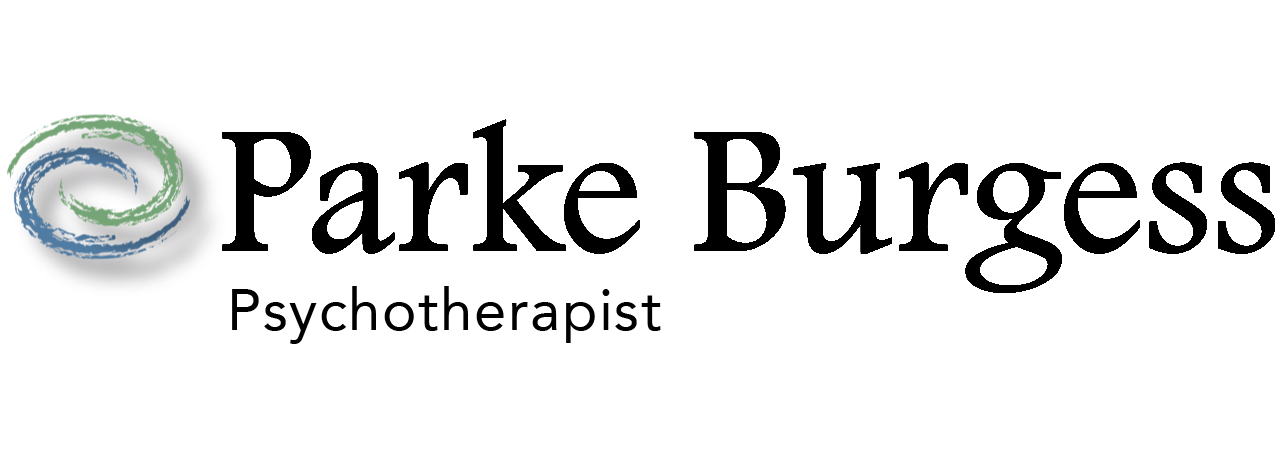
Focusing
If you have ever had the experience of reacting strongly to something that seems insignificant and not being sure why, or feeling bad in some way but not knowing what it’s about, or feeling stuck and not having a sense of how to get free, then focusing could help you.
Focusing is a special kind of awareness. When you are struggling with something internally, you carry this struggle in your body. Your struggle affects, and is affected by, neurotransmitters and hormones, muscular tension throughout the body, the tone of your internal organs—especially along the digestive tract which contains billions of neurons—and much else. All of these processes feed into a general sense of how things are. Typically, most of this goes on quite unnoticed. In focusing, we learn to tap into more and more of this information.
Focusing is a skill that can be useful in many ways, including in talk therapy. Some research shows that the more skillful we are in focusing, the better our outcomes are likely to be in psychotherapy. On the other hand, talk therapy involves a lot more than focusing. Focusing is a process that we can use within the larger process of therapy (and I do as a focusing-oriented therapist), but talk therapy also includes a wide range of other aspects.
Eugene Gendlin (1926-2017), the originator of the term, believed that he discovered focusing rather than invented it. He discovered it as a result of research he did with Carl Rogers in the 1960s on factors that contribute to positive outcomes in psychotherapy. Gendlin then developed a method to learn this skill and popularized it in his book, Focusing. As a philosopher on the faculty of the University of Chicago, Gendlin built a whole philosophical model to show in a very deep way how and why focusing works. Over the decades since his discovery, focusing practitioners and teachers have spread all over the world and further developed focusing in a wide diversity of ways. You can get a sense of this by exploring the website of The International Focusing Institute.
